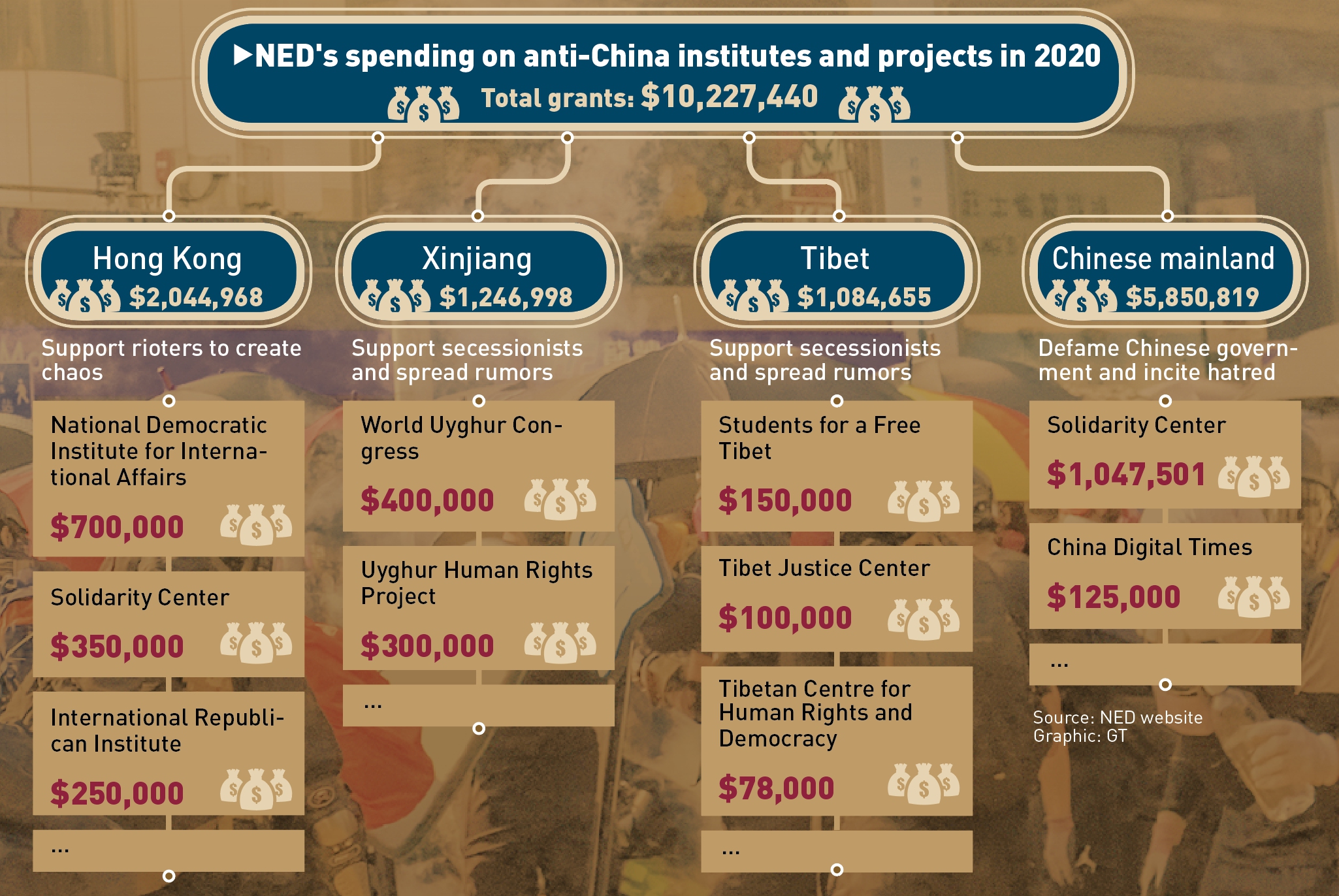Majority of countries affirm China's human rights progress ...
/
China's human rights record to be examined by Universal
ON Jan 26 this year, China’s human rights report was unanimously adopted by the UN Human Rights Council’s Universal Periodic Review (UPR) Working Group for the fourth cycle. More than 120 countries spoke highly of China’s remarkable achievements and unremitting efforts in human rights protection.
The concept of “human rights” became known from the West, yet its essential ideas have long existed in Chinese political culture. It was fully embodied in the long-cherished “people-being-first-of-all” political principle.
In the Book of Documents, one of China’s oldest classics written 3,000 years ago, it is written that “People are the foundation of a country. Only when people lead a good life can the country thrive.”
Mencius, the famous Chinese ancient sage, said the same thing: “People are the most important; the state is secondary.”
Since the establishment of the People’s Republic of China in 1949, priority has been given to ensuring and safeguarding the human rights of all Chinese citizens. Seeing both the global trend and China’s unique situation, the Chinese government has successfully pioneered its own way of advancing human rights protection and made historic achievements in various fields.
The following are three major principles. People are always at the centre. President Xi Jinping said: “... to ensure all Chinese people a life of contentment is China’s most weighty human right.”
After eight years of painstaking efforts, China has successfully alleviated nearly 100 million people out of poverty, putting an end to its centuries-long absolute poverty history.
This is an achievement not only for the Chinese people but also, more importantly, a victory for mankind as a whole. By realising the poverty reduction aim of the United Nations 2030 Agenda for Sustainable Development 10 years ahead of time, China has contributed significantly to global poverty reduction and progress in human development.
China has made solid progress in advancing high-quality development and established the world’s largest education, social security and healthcare systems, bringing tangible benefits to people of all ethnic groups.
Human rights are equally enjoyed by all. China is as diverse and as multiethnic as Malaysia. There are 56 ethnic groups living on this vast land. Like seeds of a pomegranate hugging each other closely, people of different ethnic groups in China love and support each other as brothers and sisters do in one big family.
Big or small, all ethnic groups in China enjoy equal social status. Their rights and benefits are legally stipulated and protected, and freedom of religion is ensured to everyone.
Recent years have seen additional “Outlines for Women’s and Children’s Development” adopted, and “Law on the Protection of Women’s Rights and Interests” amended to further promote gender equality and all-around development of women and children in China.
The physically underprivileged in China are also given proper support with their medical, educational, occupational and spiritual needs.
In upholding the principles of fairness and justice, China has been cooperating with other countries in the UN Human Rights Council and other multilateral organisations.
China has facilitated the adoption of a series of major international human rights conventions and declarations, and shared its wisdom with the rest of the world by proposing the vision of “building a community with a shared future for mankind”. This vision has been incorporated into a number of UN Human Rights Council resolutions.
Besides conducting human rights dialogues with Malaysia and 30 other countries or regions, China has been promoting exchanges and cooperation in various fields to promote human rights protection.
China has proposed the Global Development Initiative, the Global Security Initiative, and the Global Civilization Initiative, which are Chinese solutions to addressing the global concerns of development deficits, security predicament and civilisational alienation.
Human rights are not abstract terms. They are specific in denotation, achievable in practical form and evolve with history. There are no fixed standards or one-fits-all models. Therefore, every country’s human rights development path should be allowed and respected, and success or failure can only be judged by its own people.
By undertaking Chinese-style modernisation, China is steadily advancing its cause of national rejuvenation to make it a stronger and more prosperous country.
China will bring better equitability to all its people and promote human rights protection to new heights.
Malaysia is also a diverse and inclusive society protecting human rights under the rule of law. As a good neighbour and close partner, China is willing to work with Malaysia in various fields to jointly contribute to the advancement of human rights development in both the region and the world.
Article 1 of the UN Universal Declaration of Human Rights states: “All human beings are born free and equal in dignity and rights. They are endowed with reason and conscience and should act towards one another in a spirit of brotherhood.” I believe that with the collective efforts of all, these common aspirations of humankind will eventually become a reality.
By OUYANG YUJING Ambassador extraordinary and plenipotentiary of the People’s Republic of China to Malaysia
RELAYED POSTS:














